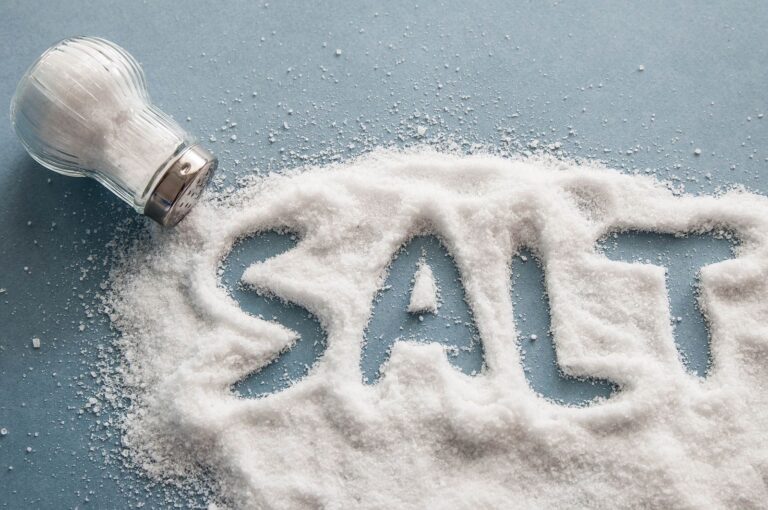
Lightening Up On Salt
Salt adds flavor to food. No question about it. But, while the body does require a small amount of salt, too much can cause health issues for some people. Too much salt in a diet can sometimes contribute to concerns like high blood pressure, heart disease, and stroke.
It’s always wise to talk with your doctor about how much salt is healthy for you. If you need to cut back on the salt in your diet, putting down the salt shaker may not be enough. Salt could be hiding in many of your favorite meals, especially those including high processed foods like dairy products, bakery items, and frozen or canned items. Much of the salt you consume could also be coming from other sources, like condiments, sauces, beverages, and even medications.
The good news is that if you reduce your salt intake, your body will become more sensitive to the salt in foods. You’ll need less salt to season your food and may even start finding that some items start to taste too salty. There are some simple changes that can help bring your salt intake down to a healthier level.
A few helpful suggestions...
- Make the change gradually. If your doctor approves, cut back on salt consistently over a period of time rather than reducing your input by a large amount all at once. It can make the transition easier.
- Read labels when you shop. Most foods labels do not list the word “salt” in their ingredients. Check the label for sodium amounts. Try to stick to “low sodium” or “no salt added” items.
- Find replacements. Try using ground pepper, seasonings, and herbs to flavor food instead of salt. Cumin, cayenne, paprika, oregano, lemon peel, garlic and onion powder, and sage can all be used to add more flavor to food. A squirt of citrus juice adds taste as well.
- Talk with your doctor about salt substitutes. Some salt substitutes contain potassium chloride which can be harmful for people with certain health conditions, such as kidney disease, heart disease, high blood pressure, liver disease or diabetes. It is best not use salt substitutes unless they are approved by your physician. You may want to try an herb and spice blend instead.
- Buy fresh foods. Fresh vegetables, poultry, fish, and lean meat often contain less salt than canned, smoked or processed foods. When eating processed foods, it’s important to check the amount of sodium listed on the nutrition label.
- Be cautious dining out. Restaurants can be heavy handed when it comes to adding salt to their cuisine. Request that your meals be prepared without salt. Restaurants where most foods are cooked to order are often better able to accommodate requests for less salt.


Age Adds Flavor
We are not old, we are seasoned!
Don’t forget to visit us on FACEBOOK!
